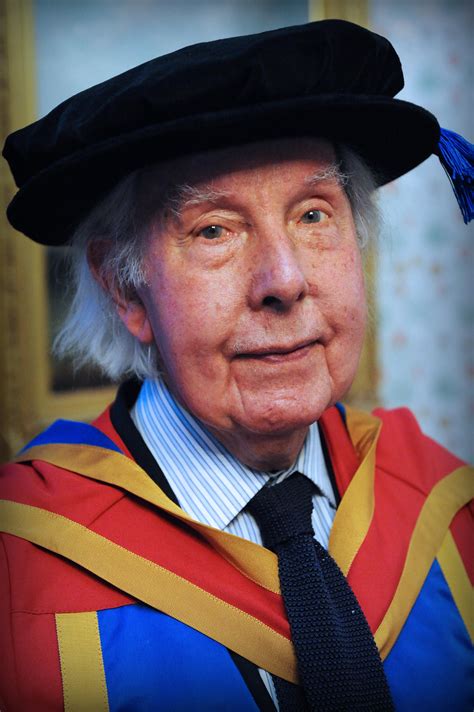A Quote by Ambrose Bierce
ORPHAN, n. A living person whom death has deprived of the power of filial ingratitude . . .
Related Quotes
the greater the bureaucratization of public life, the greater will be the attraction of violence. In a fully developed bureaucracy there is nobody left with whom one can argue, to whom one can represent grievances, on whom the pressures of power can be exerted. Bureaucracy is the form of government in which everybody is deprived of political freedom, of the power to act; for the rule by Nobody is not no-rule, and where all are equally powerless we have a tyranny without a tyrant.
But remember that forgiveness too is a power. To beg for it is a power, and to withhold or bestow it is a power, perhaps the greatest. Maybe none of this is about control. Maybe it isn't really about who can own whom, who can do what to whom and get away with it, even as far as death. Maybe it isn't about who can sit and who has to kneel or stand or lie down, legs spread open. Maybe it's about who can do what to whom and be forgiven for it. Never tell me it amounts to the same thing.
Death did not first strike Adam, the first sinful man, nor Cain, the first hypocrite, but Abel, the innocent and righteous. The first soul that met with death, overcame death; the first soul that parted from earth went to heaven. Death argues not displeasure, because he whom God loved best dies first, and the murderer is punished with living.
Death is the gate of life. Ingratitude is the soul's enemy... Ingratitude is a burning wind that dries up the source of love, the dew of mercy, the streams of grace. You will find something far greater in the woods than you will find in books. Stones and trees will teach you that which you will never learn from masters.
It would seem that the ingratitude, whereby a subsequent sin causes the return of sins previously forgiven, is a special sin. For, the giving of thanks belongs to counter passion, which is a necessary condition of justice. But justice is a special virtue. Therefore this ingratitude is a special sin. Thanksgiving is a special virtue. But ingratitude is opposed to thanksgiving. Therefore ingratitude is a special sin.
There is no single best kind of death. A good death is one that is "appropriate" for that person. It is a death in which the hand of the way of dying slips easily into the glove of the act itself. It is in character, ego-syntonic. It, the death, fits the person. It is a death that one might choose if it were realistically possible for one to choose one's own death.
I have so great a contempt and detestation for meanness, that I could sooner make a friend of one who had committed murder, than of a person who could be capable, in any instance, of the former vice. Under meanness, I comprehend dishonesty; under dishonesty, ingratitude; under ingratitude, irreligion; and under this latter, every species of vice and immorality in human nature.
































